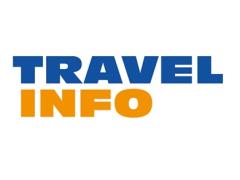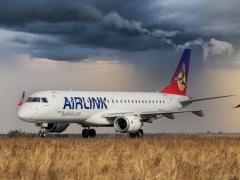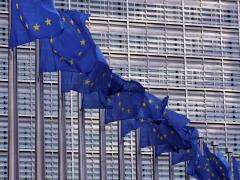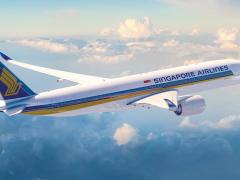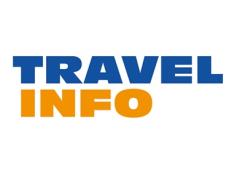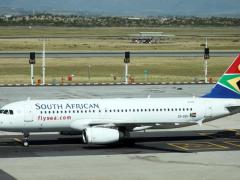A Pretoria travel agent is reported to have taken nearly half a million rand from the South African Under-20s Rhinos Ice Hockey Men’s Team in order to book flights for a tour – but the team members were left empty-handed when they found that no tickets had been booked 24 hours before departure.
News24 reports that the team handed over R460 000 to the agent for 25 air tickets to Bosnia and Herzegovina but found that by Monday night, January 22, the tickets for departure on Tuesday January 23 had neither been booked nor issued.
The SA Ice Hockey Federation was able to secure tickets for the team at the last minute, and the players were finally able to depart and compete in the 2024 International Ice Hockey Federation World Championship.
A mother of a team member told News24 that, for the better part of Tuesday morning, the Federation had been in contact with the travel agent. She was asked to pay back more than R460 000 that parents and players had raised for the air tickets. She is alleged to have made several excuses. In one of the WhatsApp messages that the agent sent to the mother, the agent said she could not send the money and she had to wait for money to come in before making the refund.
The mother told News24 she had approached her lawyers to force the agency to pay up.
Meanwhile, Asata has issued a press release to reassure consumers that there had not been an increase in fraud cases in the industry.
Said Asata CEO, Otto de Vries: "Any fraud is unacceptable, but these few incidents are anomalies in an industry worth tens of billions annually."
Reports of travel agency fraud have led to calls for increased government regulation and oversight of the industry. However, De Vries points out that an agency’s membership of Asata means that self-regulation is already in effect, as association members must comply with a strict Code of Conduct, a constitution and must meet the financial requirements.
Crucially, not one scam or fraud incident over the past decade had involved an Asata member agency, said De Vries. "With members accounting for approximately 99% of the travel industry market share, this fact demonstrates the effectiveness of self-regulation through our membership requirements, which serve as industry accreditation.
"We are the trustworthy face of this industry and will continue protecting public interests, as we have since 1956." Imposing regulation could damage the industry without adding any meaningful additional protections beyond that already provided by the Asata stamp. De Vries also fears that imposed regulation would create further barriers to entry.
To avoid potential fraud, Asata advises consumers to verify that agencies display the official Asata logo, that they request and verify the membership certificate, and that they look up the agency online on the Asata website directory before booking.
“Taking these steps and working with an Asata member helps mitigate the risk of fraudulent behaviour,” said De Vries.


